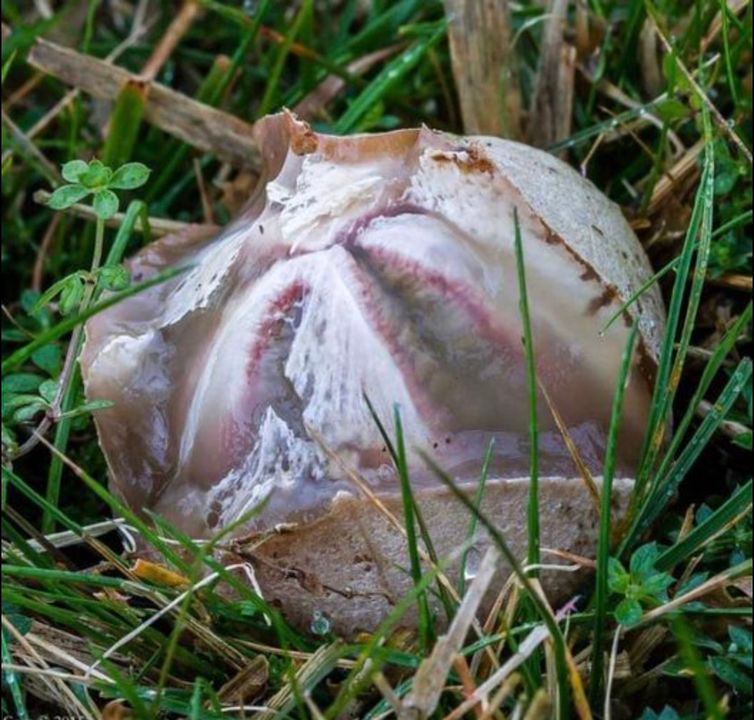
I can’t tell you how many times I’ve been watching a documentary, or stumbled upon a YouTube video, and been left shocked by just how raw and – I’ll be frank – terrifying nature can be.
The truth is that many of us know very little about the world around us, and that’s okay – the world is a very, very big place, after all.
While that thought might be disconcerting to some, I think it’s also important to remember that the many hidden wonders of the world are what make this giant rock we all call home so special. Wouldn’t it be a tad boring if everything looked and acted the same?
If you see this growing in your garden, here’s what it actually is
– by admin – Leave a Comment
I can’t tell you how many times I’ve been watching a documentary, or stumbled upon a YouTube video, and been left shocked by just how raw and – I’ll be frank – terrifying nature can be.
The truth is that many of us know very little about the world around us, and that’s okay – the world is a very, very big place, after all.
While that thought might be disconcerting to some, I think it’s also important to remember that the many hidden wonders of the world are what make this giant rock we all call home so special. Wouldn’t it be a tad boring if everything looked and acted the same?
แก้วน้ำเก็บความเย็น พกสะดวก ทนทาน คุณภาพดี คลิกที่นี่รับส่วนลด!
I’ll confess to having a natural curiosity to all things ‘wild’, so it’s hardly a surprise that I was drawn to a particular video about a fascinating species of fungus known as the Octopus stinkhorn.
Also referred to as the “devil’s fingers”, it has an exceedingly distinctive appearance, and it’s road to maturity is every bit as captivating.
If you didn’t know this fungus existed prior to reading this article, don’t worry, you’re not alone!
Reportedly, the fungus is native to Australia and New Zealand, though can now be found in other continents including Europe and North America.
This distinctive fungus appears to sprout from what looks like a broken egg (it’s not), before forming into a number of elongated, pink arms.
If the Octopus stinkhorn’s appearance wasn’t enough to creep you out, the fungus reportedly gives off the stink of rotting flesh when it reaches maturity! This is thought to be an evolutionary process to attract flies to serve as agents for spore disposal.
See more the video below:
Wow! Have you ever seen anything like this? Let us know.
Meanwhile, if you found this article interesting, check out the one below for more: